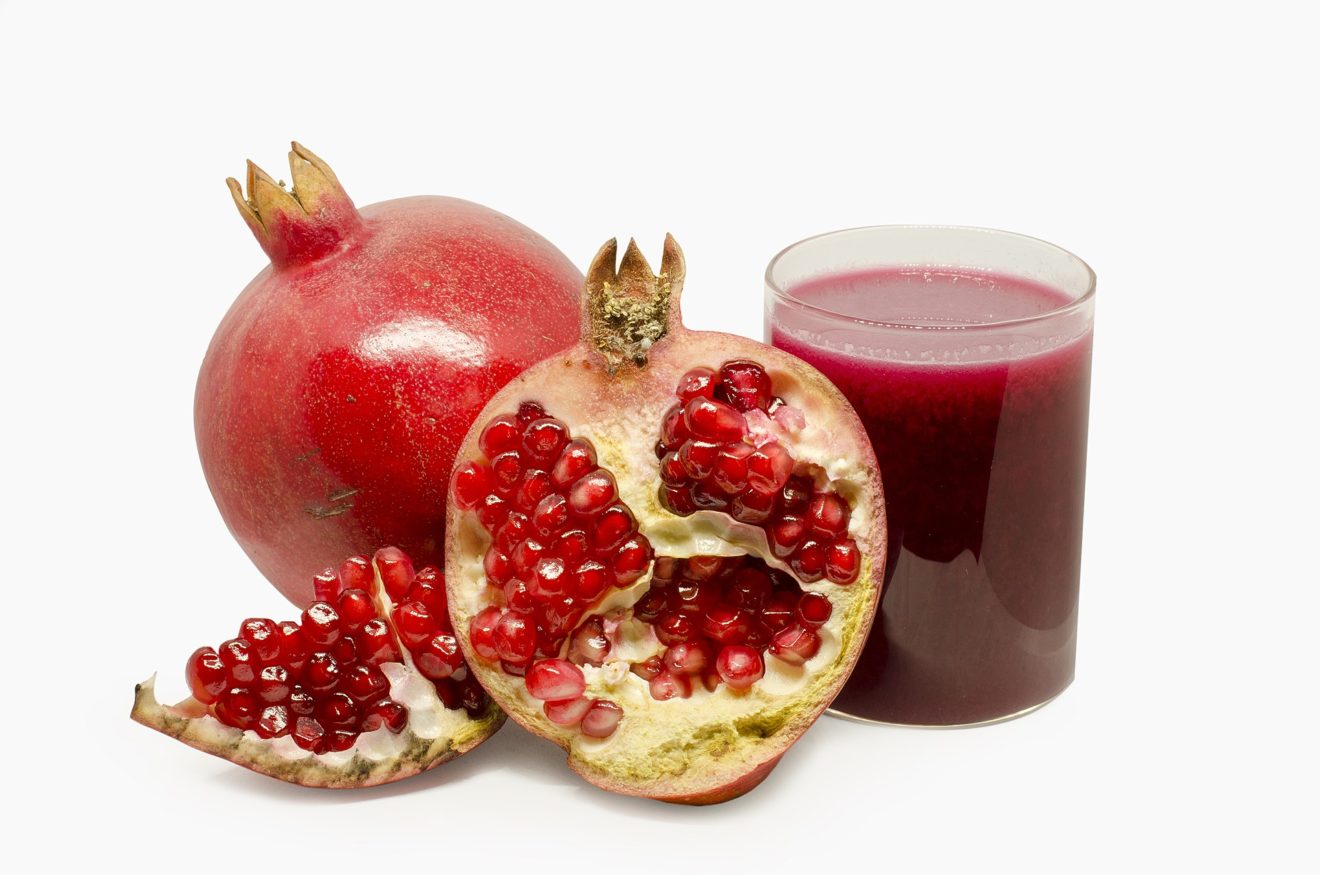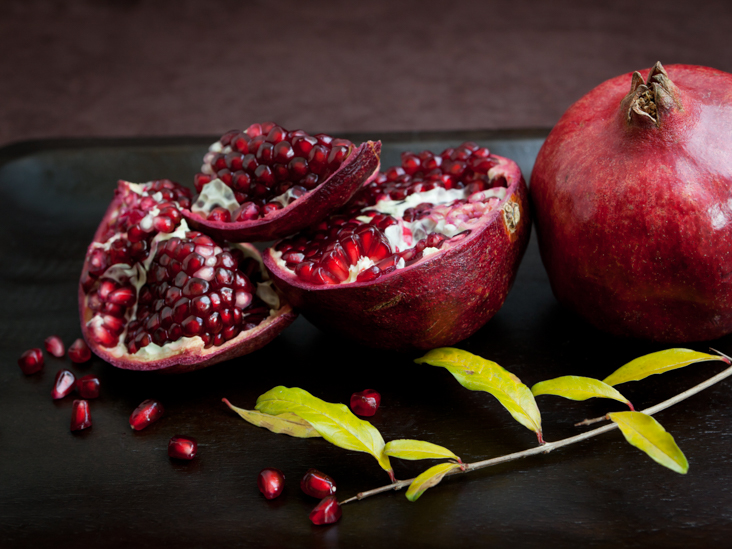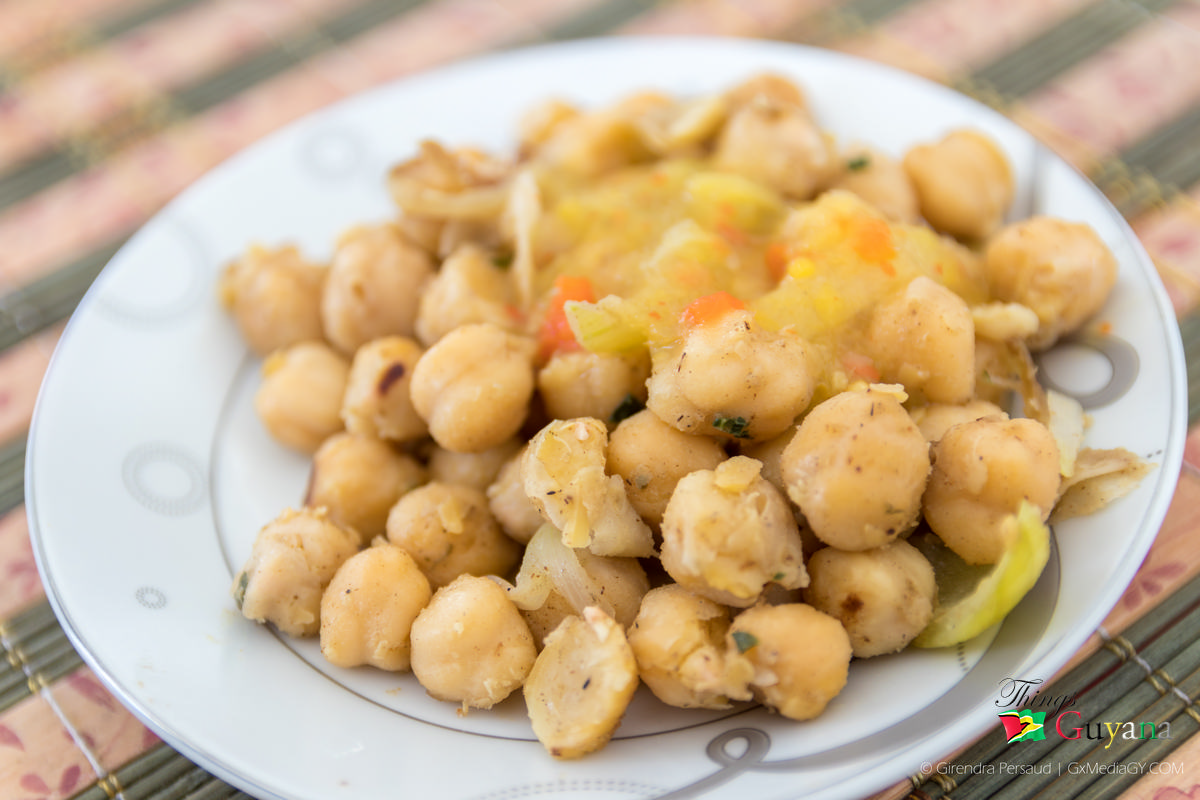Fresh juice doesn’t have to be green or full of spinach to be healthy. Pomegranate juice contains more than 100 phytochemicals. The fruit has been used for thousands of years as medicine. It is one of the healthiest fruit on the planet, packed with nutrients and powerful plant compounds. Here is everything we need to know about pomegranate.
What Is Pomegranate
The pomegranate (Punica granatum) is a fruit-bearing deciduous shrub in the family Lythraceae that grows between 5 and 10 m (16 and 33 ft) tall.
It has seeds that are covered in an edible red pulp, called sarcotesta. In the spring, beautiful blossom flowers are seen on the pomegranate tree.
It contains hundreds of edible seeds called arils. One pomegranate can hold over 600 seeds. They are rich in fiber, vitamins, minerals and bioactive plant compounds, but they also contain some sugar.
The juice of pomegranate seeds is the source of grenadine syrup, which is famous for its use in the classic nonalcoholic beverage known as a Shirley Temple.
Origin Of Pomegranate
It was first known in Iran and the Himalayas in northern India and has since been spread to North America and South America including The Bahamas and Guyana.
The fruit is typically in season in the Northern Hemisphere from September to February,and in the Southern Hemisphere from March to May. There are over 760 varieties of pomegranate.
This delicious red fruit is not just known as the pomegranate, but is called different names in different places, for example, the Romans used to call it “Punic Apple”.
In ancient Rome, it was crushed and used as dye. The color was associated with the very rich or high authority figures. The Emperor himself would often wear clothes dyed by the pomegranate.
Description Of Pomegranate
The pomegranate plant may attain 5 or 7 metres (16 or 23 feet) in height, has elliptic to lance-shaped, bright-green leaves about 7.5 cm (3 inches) long. The orange-red flowers are borne toward the ends of the branchlets. The calyx (comprising the sepals) is tubular and persistent and has five to seven lobes; the petals are lance-shaped, inserted between the calyx lobes. The ovary is embedded in the calyx tube and contains several compartments in two series, one above the other.
The fruit is the size of a large orange, obscurely six-sided, with a smooth leathery skin that ranges from brownish yellow to red; within, it is divided into several chambers containing many thin transparent arils of reddish, juicy pulp, each surrounding an angular elongated seed.
Here Are 7 Health Benefits Of Pomegranate

Pomegranate Juice | Wikipedia Image
1. Natural Aphrodisiac
In many cultures, pomegranates have been associated with fertility and abundance for centuries because of their many, many seeds, but in recent years, headlines are even raving about pomegranate’s viagra effect. A study by Queen Margaret University in Edinburgh found that consumption of pure pomegranate juice significantly increased salivary testosterone levels (average of 24 percent) in addition to positive effects on blood pressure and mood. Elevated testosterone can lead to heightened moods and increased sexual desire.
2. Reduce Arthritis and Joint Pain
Arthritis is an inflammation of one or more joints, causing pain and stiffness that can worsen with age. There are more than 3 million cases of arthritis in the U.S. each year. Pomegranates make the list for natural arthritis treatments since they’re a source of antioxidants called flavonols, which act as anti-inflammatory agents in the body.
Animal testing demonstrates that pomegranate seed extract may reduce the onset and incidence of collagen-induced arthritis. Studies conducted with animal subjects also show that the severity of arthritis and joint inflammation were significantly reduced with consumption of pomegranate extract.
3. Fight Cancer
When it comes to cancer, more and more research shows that pomegranate seeds are a potent cancer-fighting food. Pomegranate has been shown to exert antitumor effects on various types of cancer cells.
Multiple studies show that pomegranate extracts inhibit the proliferation of breast cancer cells and even stimulate the programmed cell death of breast cancer cells. Pomegranate seed oil contains punicic acid, an omega-5 long chain polyunsaturated fatty acid that has been shown to inhibit breast cancer proliferation.
Further research suggests that drinking pomegranate juice may also slow the growth of prostate cancer, the leading cancer for men in the U.S. In a study of male subjects with recurrent prostate cancer and rising prostate-specific antigen (PSA) levels, researchers found that taking pomegranate juice extract significantly slowed the rate at which PSA was rising. Other studies have found that certain compounds in pomegranate juice show potent antitumorigenic effects and inhibited the growth of prostate cancer cells in the laboratory.
4. Lower Blood Pressure
The juice of pomegranate seeds contains different types of antioxidants and bioactive polyphenols that have been reported to promote cardiovascular health, including healthy blood pressure levels, through several mechanisms.
A 2013 study concluded that consumption of pomegranate juice should be considered in the context of both dietary and pharmacological interventions for hypertension (high blood pressure). Another study published in Phytotherapy Research also found that pomegranate juice is a beneficial cardioprotective supplement for hypertensive subjects and lowered blood pressure naturally after just two weeks of daily intake.
5. Fight Bacterial Infections
Pomegranates contain hundreds of different bioactive compounds, including ellagic acid, ellagitannins, punicic acid, flavonoids, anthocyanidins, anthocyanins, estrogenic flavonols and flavones, which appear to be the most therapeutically beneficial pomegranate components. Pomegranate extracts have been used since ancient times to treat several conditions, including parasitic and microbial infections, diarrhea, ulcers, aphthae, hemorrhage and respiratory complications.
Not surprisingly, pomegranates have been suggested to stimulate probiotic bacteria, thus enhancing their beneficial effects at fighting bacterial infections, according to research published in Evidence-Based Complementary and Alternative Medicine.
6. Improve Heart Health
Heart disease is the leading cause of death in the U.S. and also associated with cognitive decline. The juice made from pomegranate seeds contains antioxidants at higher levels than many other fruit juices, and pomegranate juice may block or slow the buildup of cholesterol in the arteries of people who are at higher risk of heart disease.
Research published in Clinical Nutrition studied pomegranate juice consumption by patients with carotid artery stenosis, which is a narrowing of either of the two key arteries located in the front of the neck, through which blood from the heart goes to the brain. Participants who consumed pomegranate juice lowered their blood pressure by over 12 percent and had a 30 percent reduction in atherosclerotic plaque.
Participants who did not take the pomegranate juice actually saw their atherosclerotic plaque increase by 9 percent. Overall, the study found that pomegranate juice consumption reduced plaque in the carotid artery as well as lowered blood pressure and LDL oxidation.
7. Improve Memory
Studies have reported memory and other cognitive benefits of polyphenols, which are found abundantly in pomegranate seeds and their juice. One study published in Evidence-Based Complementary and Alternative Medicine generated intriguing data suggesting that pomegranate polyphenols may provide long-lasting protection from heart surgery-induced memory retention deficits.
About Pomegranate
Pomegranate is one of the healthiest fruit there is and it’s seeds called arils contains sweet juicy nectar. Adding pomegranate to your diet will do more benefit that you can count, some of which includes improving memory, heart health, fight cancer etc.
Article References:
- https://en.m.wikipedia.org/wiki/Pomegranate
- https://draxe.com/pomegranate-seeds/
- https://www.medicalnewstoday.com/articles/318384.php







